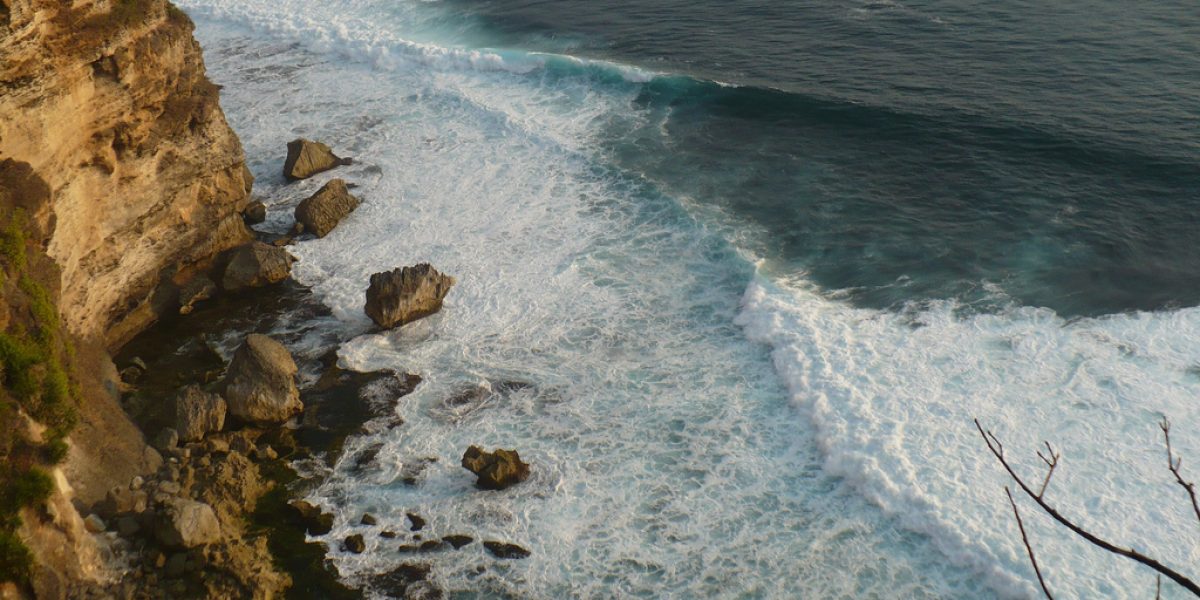The stakeholder review analyses the attributes and constituency of the Indian Ocean, develops a common position for definitions and gives a select history of the world’s third-largest ocean. Countries that have historically frequented the Indian Ocean continue to do so, but the intensity of their activities has increased, as their objectives centre on the common denominator of ensuring energy security and advancing maritime trade. These issues are critical not only for their survival in a world of diminishing resources and increased globalised competition, but also for emerging countries’ economies to continue to grow exponentially.
In contrast to the Indian Ocean’s increased dynamics, continental Africa’s position appears to be characterised by a passive approach. This inert position does not allow Africa to set the agenda for events that are changing the dynamics in its zone of influence, yet for which there are normative developmental imperatives. It is critical that Africa change its attitude and determines its own schedule for maritime development. Africa needs to manage these challenges pro-actively at various levels – continentally, regionally and bilaterally. By partnering with those powers that affect the forces in the Indian Ocean, Africa can be more in charge of its destiny.








